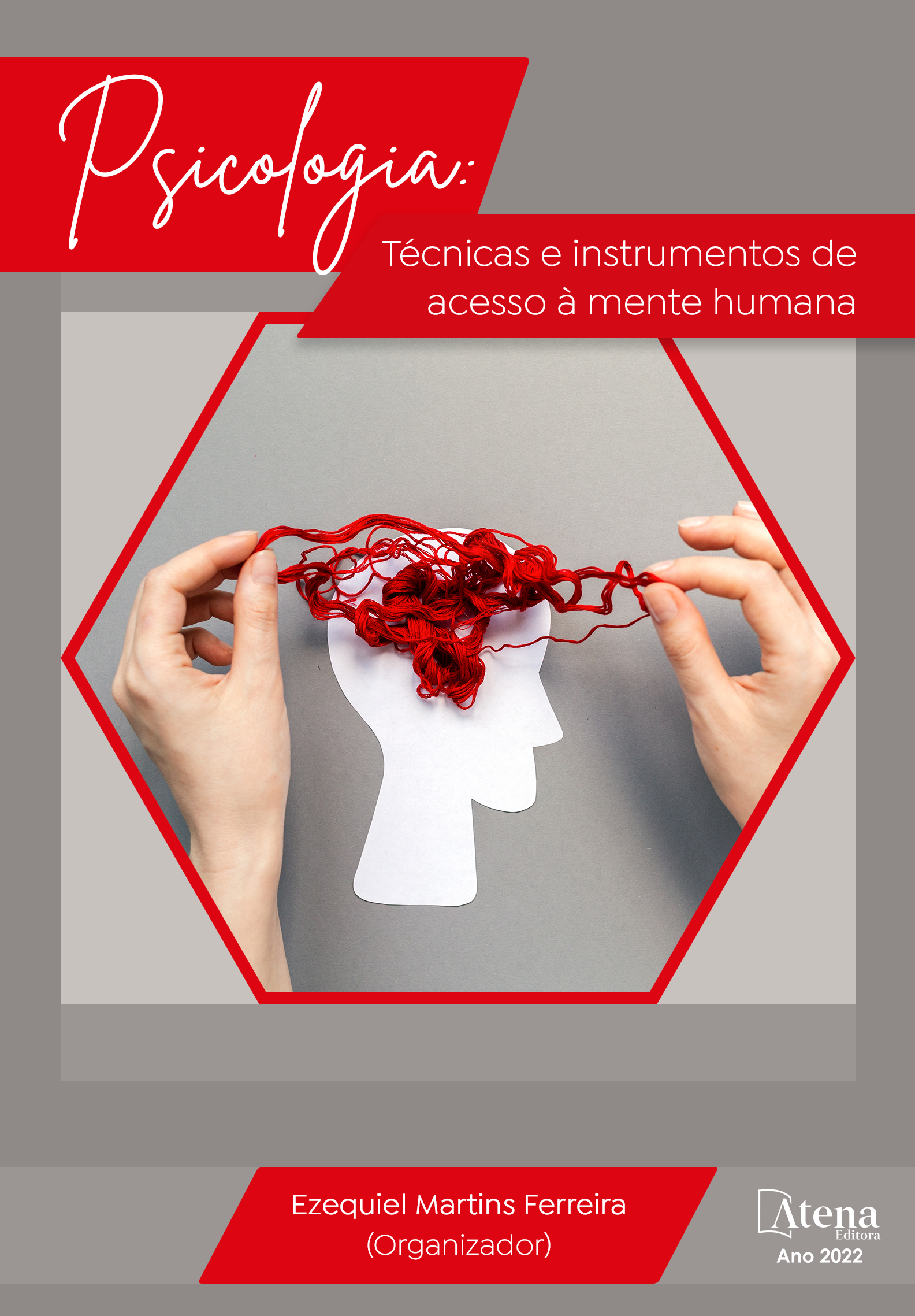
ENTREVISTA MOTIVACIONAL NO TRATAMENTO DE ÁLCOOL E OUTRAS DROGAS NO CAPS-AD, BAGÉ-RS
A entrevista motivacional (EM) busca fortalecer e preparar o indivíduo para a mudança através de um método comunicativo, visando ajudar este sujeito a reconhecer o problema e agir sobre ele, identificar os estágios de mudança e trabalhar sua ambivalência, proporcionando o exercício de reestruturação de sua autonomia, promovendo ações que visem o resgate do dependente químico prejudicada pelas perdas relacionadas a exposições a situações de risco e vulnerabilidade social. Acredita-se que as estratégias mais persuasivas do que coercitivas, mais encorajadoras do que argumentativas podem ser mais eficazes no tratamento da dependência química (DQ). Este trabalho buscou relatar a experiência no tratamento de dependentes químicos através da entrevista motivacional. O mesmo foi realizado no Centro de Atendimento Psicossocial – álcool e drogas (CAPs – AD) de março a julho de 2017. A técnica de entrevista motivacional (EM) foi utilizada em pacientes que estavam iniciando o processo de desintoxicação. As atividades eram realizadas individualmente, em 7 sessões com duração de 50 minutos que eram agendadas 3 vezes na semana. O foco era auxiliar o paciente a compreender sua ambivalência em relação à mudança do comportamento, para então motivá-lo ao tratamento. Participaram do trabalho 11 pacientes, sendo que 1 era usuário de maconha, 2 de cocaína e 8 de crack. Eram 9 homens e 2 mulheres. A faixa etária atendida variou de 18 a 39 anos. Em relação à eficácia do tratamento, 2 pacientes concluíram o ciclo de sessões e deram continuidade no tratamento psicológico e medicamentoso, 3 pacientes chegaram a 4ª sessão, 5 foram até a 3ª sessão, 1 foi a óbito, realizando apenas uma sessão. A cada sessão buscou-se identificar quais ações eram mais efetivas, de acordo com as vivências individuais, no processo de motivação, resolução da ambivalência e prontidão para a ação, procurando atingir a mudança efetivamente observando os preceitos da entrevista motivacional que preconiza a modificação do comportamento, o encorajamento para a mudança por meio de um relacionamento de trabalho não julgamental mas que forneça apoio continuo, respeitando a autonomia, a qual deveria ser considerada uma necessidade fundamental do ser humano. Inicialmente a frequência das sessões era de 2 vezes por semana, mas devido a desistência dos pacientes passou-se a realizar 3 sessões semanais, o que acarretou em uma melhora significativa em relação a adesão ao tratamento. Conclui-se que a dependência química requer um protagonismo ímpar na saúde pública, sendo indispensável os investimentos dos serviços em políticas públicas, incluindo uma gestão com excelência que se molde às necessidades de cada comunidade onde estão inseridas, visando sempre que existem necessidades que são singulares. A entrevista motivacional é uma técnica muito eficaz na preparação do paciente para mudança, seus princípios norteadores têm como objetivo a busca da liberdade e autonomia do ser frente a decisões de suas vidas fortalecendo o seu compromisso com tratamento e a busca pela sua saúde mental
ENTREVISTA MOTIVACIONAL NO TRATAMENTO DE ÁLCOOL E OUTRAS DROGAS NO CAPS-AD, BAGÉ-RS
-
DOI: 10.22533/at.ed.11722070316
-
Palavras-chave: Entrevista Motivacional; Dependência Química; Saúde Pública
-
Keywords: Motivational Interviewing; Chemical Dependency; Public health
-
Abstract:
The motivational interview (MI) seeks to strengthen and prepare the individual for change through a communicative method, aiming to help this subject to recognize the problem and act on it, identify the stages of change and work on their ambivalence, providing the exercise of restructuring of their autonomy, promoting actions aimed at rescuing the chemical dependent affected by losses related to exposure to risk situations and social vulnerability. It is believed that strategies that are more persuasive than coercive, more encouraging than argumentative, can be more effective in the treatment of chemical dependence (DQ). This work sought to report the experience in the treatment of chemical dependents through motivational interviewing. The same was carried out at the Psychosocial Care Center - Alcohol and Drugs (CAPs - AD) from March to July 2017. The motivational interview (ME) technique was used in patients who were starting the detoxification process. The activities were performed individually, in 7 sessions lasting 50 minutes that were scheduled 3 times a week. The focus was to help the patient to understand his ambivalence in relation to behavior change, and then to motivate him to the treatment. Eleven patients participated in the study, of which 1 was a marijuana user, 2 a cocaine user and 8 a crack user. There were 9 men and 2 women. The age group served ranged from 18 to 39 years. Regarding the effectiveness of the treatment, 2 patients completed the cycle of sessions and continued the psychological and drug treatment, 3 patients reached the 4th session, 5 went to the 3rd session, 1 died, performing only one session. At each session, we sought to identify which actions were more effective, according to individual experiences, in the process of motivation, resolution of ambivalence and readiness for action, seeking to achieve change effectively observing the precepts of the motivational interview that advocates the modification of the behavior, encouraging change through a non-judgmental working relationship that provides ongoing support, respecting autonomy, which should be considered a fundamental human need. Initially, the frequency of sessions was 2 times a week, but due to patients' withdrawal, 3 weekly sessions were held, which resulted in a significant improvement in terms of adherence to treatment. It is concluded that chemical dependency requires a unique role in public health, being indispensable the investments of services in public policies, including a management with excellence that molds to the needs of each community where they are inserted, always seeking that there are needs that are unique. . The motivational interview is a very effective technique in preparing the patient for change, its guiding principles are aimed at the search for freedom and autonomy of the being in the face of decisions in their lives, strengthening their commitment to treatment and the search for their mental health
-
Número de páginas: 9
- Enio Dioquene Luiz Filho


